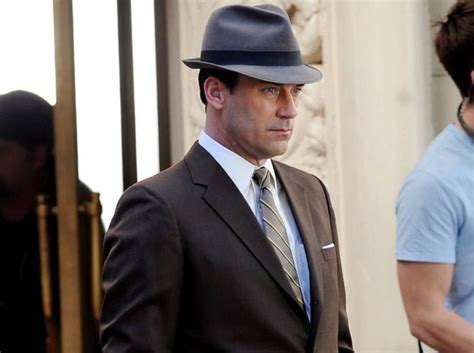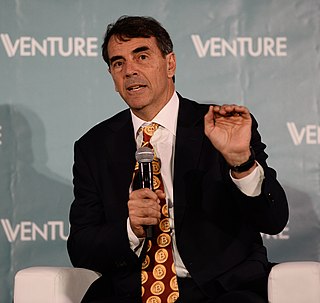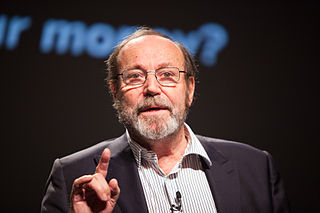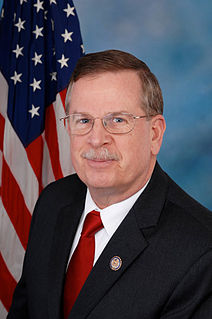A Quote by Adam Draper
In the future, when people look back at the early days of Bitcoin, they'll say, 'It was so obvious that the ability to move money anywhere, instantly, at near-zero cost would be a huge success.
Related Quotes
When the banks create the money, they don't create the interest. They send you into the world to compete with everybody else to get the second $100,000 that never was created and bring it back to them. So if we're in a world with zero-growth population, goods, services, and money, the problem would be obvious.
[T]hese people have shown a remarkable ability, ladies and gentlemen, to cross borders, boundaries - they get anywhere they want to go. They can do it without water for a long time. They don't get apprehended, and they will do things other people won't do. So, our money, early money, is on the Hispanics.
If you let anything infringe on your writing time, it will. And you won't get the writing done. Taking one day off can cost me five days of getting back in the mood. Going out to lunch can cost me anywhere from five hours to three days. And for me it's not worth it. For my own sense of well-being I have to finish my work before I can play.



































